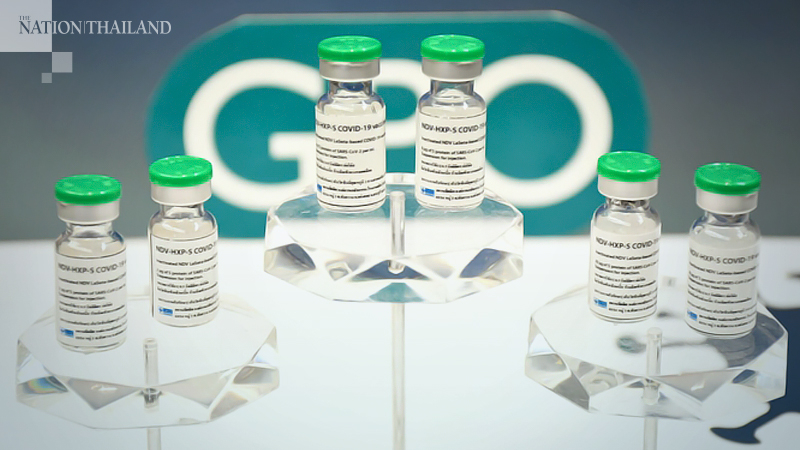
Thailand will start conducting Phase 1 clinical tests on a locally produced inactivated Covid-19 vaccine from March 1, Public Health Minister Anutin Charnvirakul told the press on Wednesday.
He also said that once the tests are complete, the Government Pharmaceutical Organisation (GPO) will produce 25-30 million doses in its Saraburi plant,
The minister went on to say that the government has already purchased 61 million doses as part of an AstraZeneca/Siam Bioscience deal and 2 million doses from China’s Sinovac.
He said 26 million doses of the AstraZeneca vaccine will be produced in Thailand between May and June.
He went on to say that the government is not relying on just one source, adding that the GPO research team tested Covid-19 vaccines on fertilised chicken eggs last year and is now trying it out on animals.
Studies so far have shown the vaccine to be effective and safe, and GPO will cooperate with Mahidol University’s Faculty of Tropical Medicine to conduct Phase 1 clinical trials on humans in March.
“If the study goes as expected, GPO will be able to start rolling out inoculations alongside Phase 3 clinical trials and should be able to produce 25 to 30 million doses per year for domestic use,” Anutin said.
Dr Kiattiphum Wongrajit, the Public Health Ministry’s permanent secretary, said this is the first locally produced Covid-19 vaccine to be tried out on humans. He said Thailand already has a factory in Saraburi that produces influenza vaccines, which has the potential to manufacture Covid-19 vaccinations on an industrial scale.
Dr Withoon Danwiboon, GPO director, said the vaccination produced in the factory covers three strains of the virus, and this will soon be expanded to cover four strains.
He said producing the Covid-19 vaccine at this factory will not be difficult because the manufacturing process is the same.
The plant currently produces up to 30 million doses of influenza vaccine and is funded by the National Vaccine Institute. He added that if an additional Bt150 million is spent to install additional vaccine packaging lines, its production capacity will rise to approximately 60 million doses per year.
If the tests on Covid-19 vaccines prove to be successful, the plant will not have to divide its production capacity between the two vaccines, as the doses will be produced based on the country’s needs.